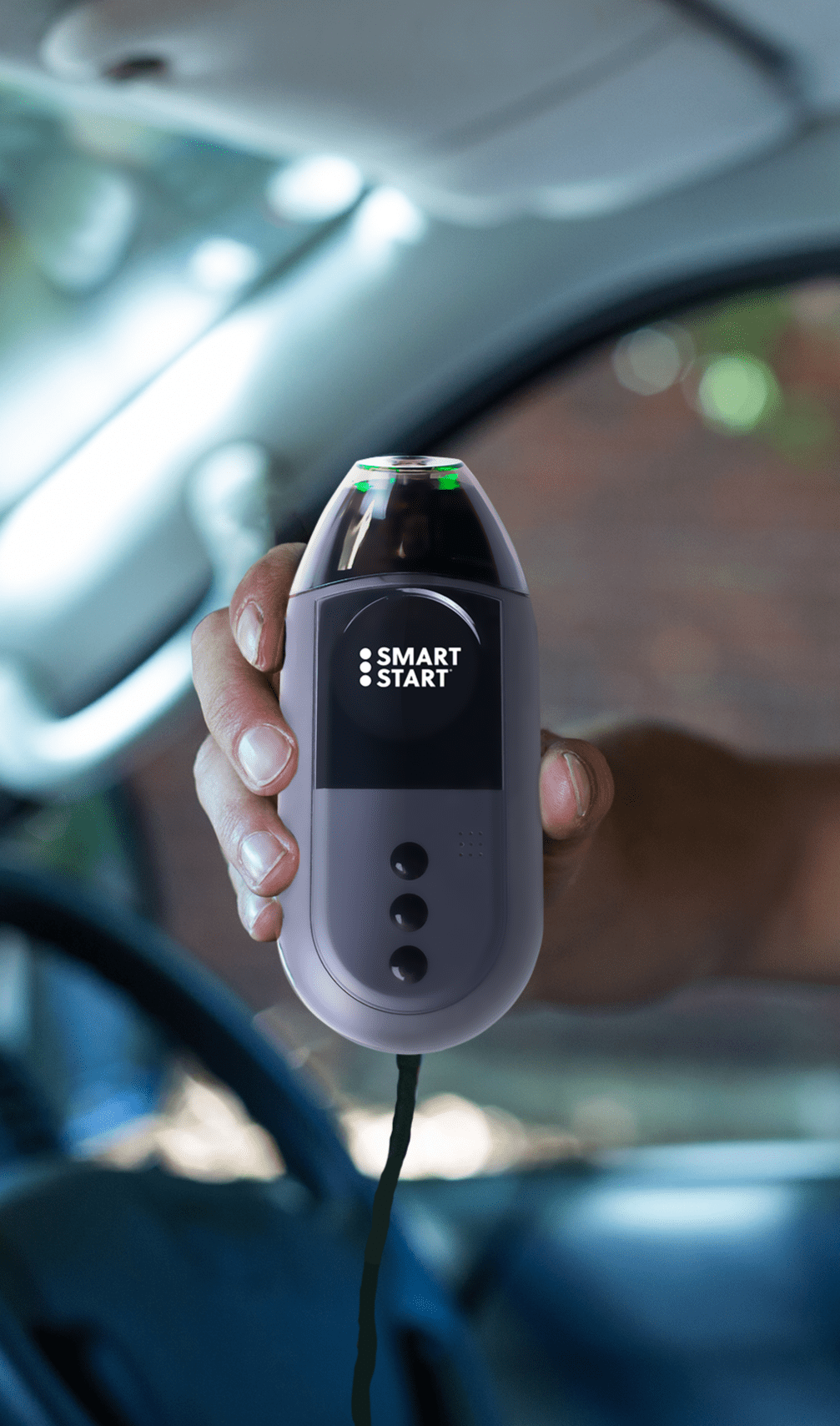Getting Your License Back in North Carolina
Your license may be suspended for at least one year after you’re arrested for DWI in North Carolina. So how can you move past your mistakes and get your driver’s license back in NC?
First, in many cases, you can apply for limited driving privileges that allow you to meet your work, school, or family obligations. Here’s some general information about how to get your limited driving privileges after a DWI in NC:
- Wait the required period of time before applying for limited driving privileges.
- Apply for limited driving privileges with the court. You’ll need to submit the required forms, including proof that you’ve completed a substance abuse assessment.
- As a condition of your limited driving privileges, the court might require you to install an Ignition Interlock Device in the vehicle you drive. Smart Start makes it easy to get your IID installed, with service locations across North Carolina and same-day installation available.
- Once you’ve completed the required period of limited driving privileges, you can apply to the NC DMV again to have your full license restored. (See below.)
Here’s some general information about how to get your full driver’s license restored after a DWI in NC, you’ll need to complete these steps:
- Complete your full court-ordered sentence, including community service, alcohol monitoring, or installation of an IID in your vehicle.
- Complete a substance abuse assessment and/or an alcohol education class through a provider approved by the NC Department of Health and Human Services.
- Submit a Certificate of Completion for your substance abuse assessment to the NC DMV and pay the required fees.
- If you’ve met all of the requirements, the DMV will restore your full license. You’ll have to follow specific restrictions after regaining your license, such as maintaining a maximum BAC of .04 while driving (instead of .08) for a first-time conviction.
Note: The information provided herein is general and is not intended to and should not be relied upon or construed as a legal opinion or legal advice. You should consult your attorney to obtain advice applicable or appropriate to your jurisdiction, your particular situation, and the specific course of action you should follow.






